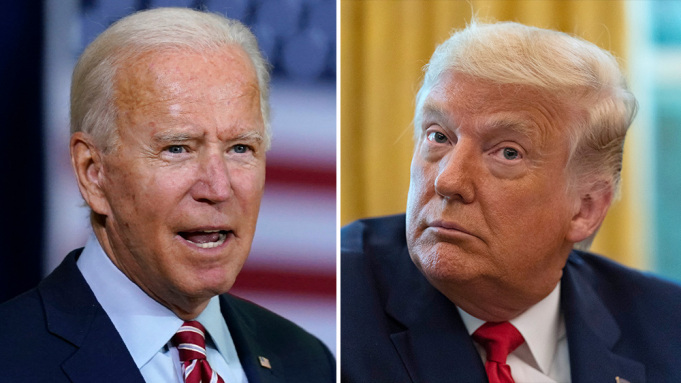In a highly strategic move, the Trump administration has declassified its Indo-Pacific framework, which formed the foundation of the country’s dealings in the region, particularly against China. The declassification of the ‘United States Strategic Framework for the Indo-Pacific’ has come at least 30 years early, and is being increasingly seen as a development intended to seal the country’s Indo-Pacific policy irrespective of administration changes in the foreseeable future. The declassification, importantly, comes a week before Joe Biden is inaugurated the 46th President of the United States.
The strategic framework which was put together through the course of 2017, i.e., the first year of Trump’s presidency – was officially endorsed by the President in 2018. Ever since, the country has taken long strides in abiding by and following the framework, in order to contain China’s growth in the Indo-Pacific, while also strengthening nations which continue to be a victim of the red rogue state’s belligerence. Importantly, speaking about the premature declassification of the strategic document, Rory Medcalf, head of the National Security College at ANU said, “In some ways, the strategy is a vision of American followership, rather than American leadership.”
To the same effect, the crucial document also speaks of India’s role as a primary power which can act as a counter to China’s nefarious designs in the Indo-Pacific. The document, which is slated for public release on Wednesday, states that the U.S.’ objective is to “accelerate India’s rise and capacity to serve as a net provider of security” by building “a stronger foundation for defense cooperation and interoperability; expand our defense trade and ability to transfer defense technology”, and to “offer support to India through diplomatic, military and intelligence channels — to help address continental challenges such as the border dispute with China”.
The strategic implications of declassifying the said Indo-Pacific framework are many. First, the outgoing Trump administration wants to limit the ability of Joe Biden and his administration to go soft on China at the cost of them facilitating a Chinese runover of ASEAN countries. Then, for China to be truly contained, the Indo-Pacific strategy laid down by Donald Trump’s National Security Council must face continuance irrespective of changing administrations. Limiting China’s influence will be a long-drawn battle, and the U.S. cannot afford having its fight against the CCP diluted by a benevolentBiden administration.
The declassification of the strategy will put tremendous public pressure on Biden to follow it in letter and spirit, as Americans learn about the true nature of CCP-ruled China. Needless to say, Trump is taking China down even in the terminal daysof his presidency, while ensuring that the incoming U.S. President has close to no legroom in deviating from his Indo-Pacific policy, which has chosen democratic countries like India, Japan, Australia and the ASEAN over a rogue China.
The document speaks of the need to “align our Indo-Pacific strategy with those of Australia, India and Japan”, of deepening trilateral cooperation with Japan and Australia, and a quadrilateral security relationship with India. It is in line with the same that QUAD, comprising of the U.S., India, Japan and Australia has been activated to collectively take on China in the region.
In a departure from traditional condemnation of Chinese belligerence against Taiwan, the Trump-laid Indo-Pacific framework has no less than envisaged defending the island nation militarily if necessary. The declassification of the framework is also being seen as a move by the U.S. to assure its partners in the Indo-Pacific about the country following the strategy irrespective of who holds the keys to the Oval Office. Now, Biden will be forced to not indulge in adventurism in the Indo-Pacific, and instead stick to the policy of Trump in dealing with China.
